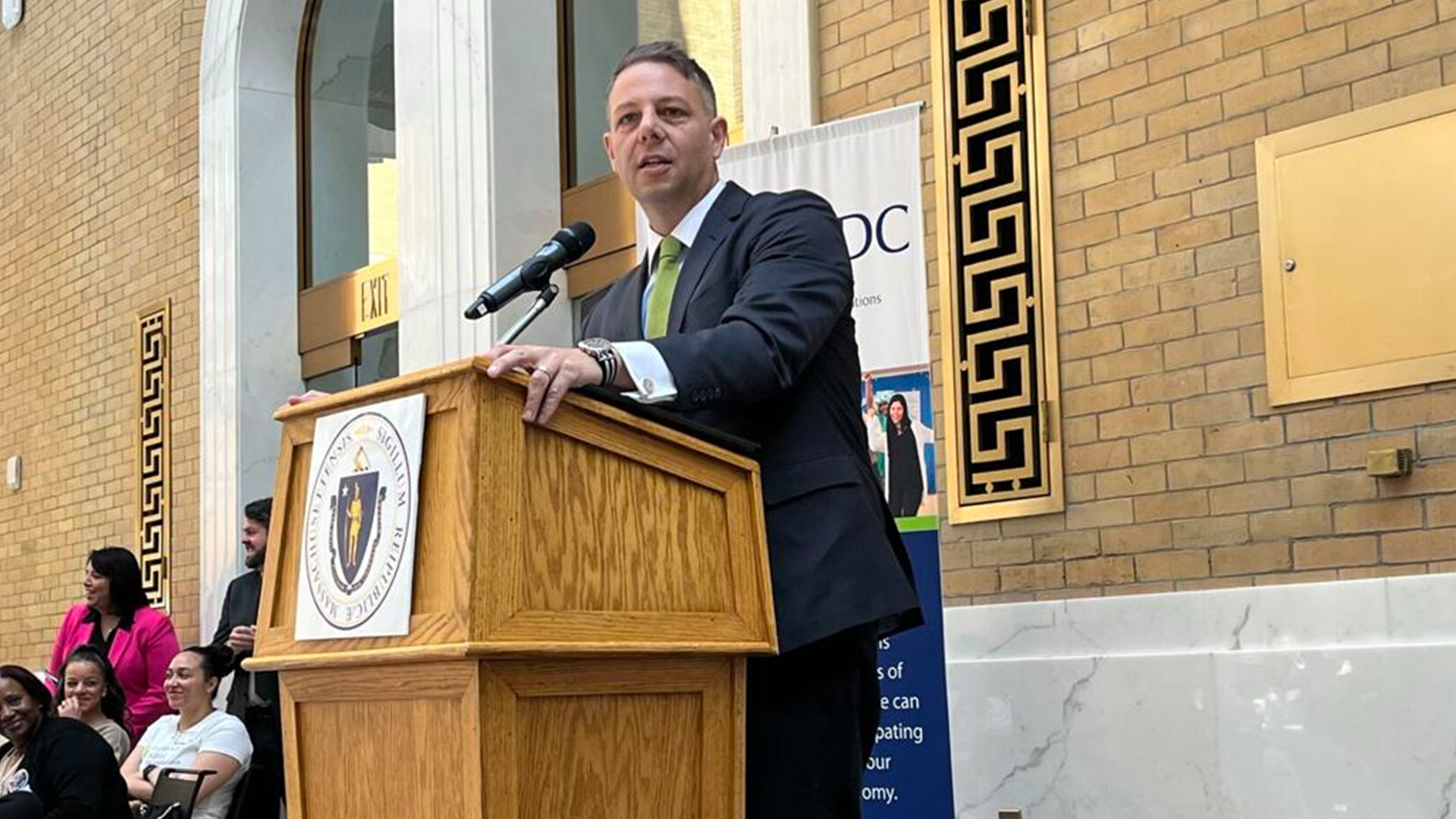Community development organizations in Massachusetts are pushing for the permanent extension of a tax credit set to expire next year, alongside advocating for health-focused initiatives in the state’s housing sector.

Governor Maura Healey’s housing bond bill, currently under consideration by the House, includes provisions to make the community investment tax credit permanent. This tax credit, originally set to end in 2019 and extended until 2025, offers a 50 percent refundable tax credit for qualifying donations to community development corporations.
Since its inception in 2014, the tax credit has attracted over $100 million in private funds for community revitalization efforts. These funds have been instrumental in creating or preserving 4,200 homes, generating 15,000 jobs, and assisting more than 7,200 small business entrepreneurs.
Additionally, Healey’s bond bill proposes increasing the cap on donations eligible for the tax credit from $12 million to $15 million, further incentivizing investment in community development.
Beyond tax credits, community development organizations are advocating for health equity policies within the housing sector. These include initiatives such as the healthy homes program, aimed at addressing lead paint and poor air quality in Massachusetts’ aging housing stock.
Massachusetts, with the second oldest housing stock in the United States, faces significant challenges related to substandard housing conditions. The proposed healthy homes program would allocate $50 million to tackle health issues caused by factors like lead, asbestos, mold, and pests, particularly affecting vulnerable populations such as the elderly, individuals with disabilities, and young children.
During a recent listening session titled “Housing is Health Care,” health care leaders highlighted the critical link between housing stability and overall health outcomes. Patients living in unstable or poor housing conditions are more likely to experience health issues, underscoring the importance of addressing housing-related health concerns.
In addition to health initiatives, community development organizations are advocating for increased funding to prevent home foreclosures through Chapter 206 grants. These grants support first-time homeownership education programs and foreclosure prevention counseling, crucial services particularly in times of economic hardship.
Despite some allocation discrepancies between the House and Senate proposals regarding funding for foreclosure prevention and small business technical assistance grants, legislators are actively considering these priorities. Senator Pavel Payano has filed an amendment to allocate $10 million to the small business technical assistance program, emphasizing the need to support local entrepreneurs, especially in urban communities and communities of color.
As the housing debate unfolds on Beacon Hill, community development organizations continue to emphasize the interconnectedness of housing, economic development, and public health, advocating for policies and funding that address these multifaceted challenges facing Massachusetts residents.
Through initiatives like permanent tax credits, health-focused programs, and foreclosure prevention efforts, stakeholders aim to foster vibrant, inclusive communities with safe, affordable housing options for all residents.